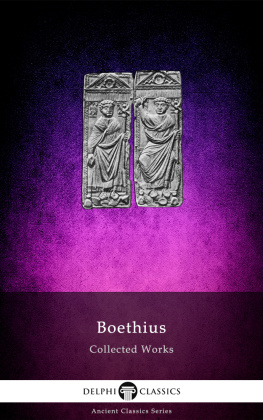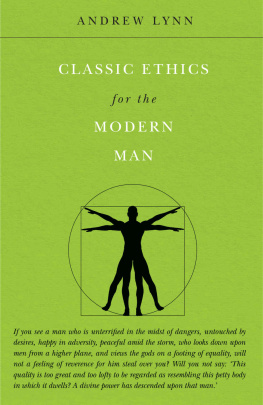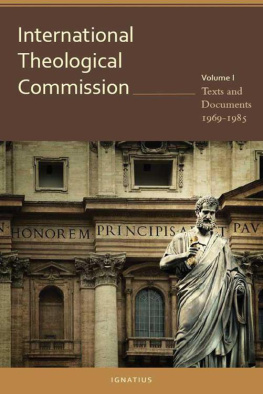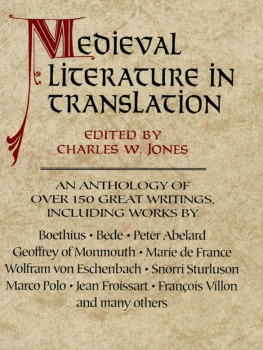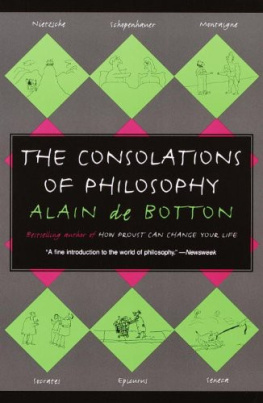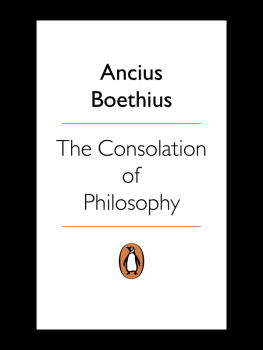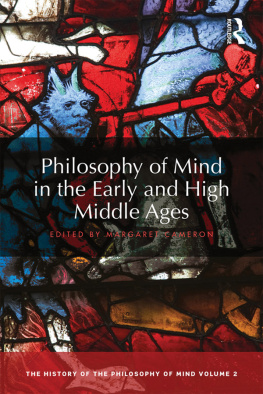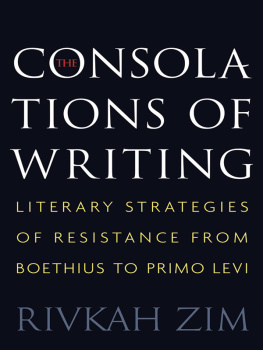Boethius - Theological Tractates and Consolation of Philosophy
Here you can read online Boethius - Theological Tractates and Consolation of Philosophy full text of the book (entire story) in english for free. Download pdf and epub, get meaning, cover and reviews about this ebook. genre: Science. Description of the work, (preface) as well as reviews are available. Best literature library LitArk.com created for fans of good reading and offers a wide selection of genres:
Romance novel
Science fiction
Adventure
Detective
Science
History
Home and family
Prose
Art
Politics
Computer
Non-fiction
Religion
Business
Children
Humor
Choose a favorite category and find really read worthwhile books. Enjoy immersion in the world of imagination, feel the emotions of the characters or learn something new for yourself, make an fascinating discovery.
Theological Tractates and Consolation of Philosophy: summary, description and annotation
We offer to read an annotation, description, summary or preface (depends on what the author of the book "Theological Tractates and Consolation of Philosophy" wrote himself). If you haven't found the necessary information about the book — write in the comments, we will try to find it.
Theological Tractates and Consolation of Philosophy — read online for free the complete book (whole text) full work
Below is the text of the book, divided by pages. System saving the place of the last page read, allows you to conveniently read the book "Theological Tractates and Consolation of Philosophy" online for free, without having to search again every time where you left off. Put a bookmark, and you can go to the page where you finished reading at any time.
Font size:
Interval:
Bookmark:
The Project Gutenberg EBook of The Theological Tractates and TheConsolation of Philosophy, by Anicius Manlius Severinus Boethius
This eBook is for the use of anyone anywhere at no cost and withalmost no restrictions whatsoever. You may copy it, give it away orre-use it under the terms of the Project Gutenberg License includedwith this eBook or online at www.gutenberg.net
Title: The Theological Tractates and The Consolation of Philosophy
Author: Anicius Manlius Severinus Boethius
Release Date: August 29, 2004 [EBook #13316]
Language: English and Latin
*** START OF THIS PROJECT GUTENBERG EBOOK THE THEOLOGICAL TRACTATES ***
Produced by Ted Garvin, Robert Connal and the Online DistributedProofreading Team.
1918
[Transcriber's Note: The paper edition of this book has Latin and Englishpages facing each other. This version of the text uses alternating Latinand English sections, with the English text slightly indented.]
In preparing the text of the Consolatio I have used the apparatus inPeiper's edition (Teubner, 1871), since his reports, as I know in the caseof the Tegernseensis, are generally accurate and complete; I have dependedalso on my own collations or excerpts from various of the importantmanuscripts, nearly all of which I have at least examined, and I have alsofollowed, not always but usually, the opinions of Engelbrecht in hisadmirable article, Die Consolatio Philosophiae des Boethius in theSitzungsberichte of the Vienna Academy, cxliv. (1902) 1-60. Thepresent text, then, has been constructed from only part of the materialwith which an editor should reckon, though the reader may at least assumethat every reading in the text has, unless otherwise stated, the authorityof some manuscript of the ninth or tenth century; in certain orthographicaldetails, evidence from the text of the Opuscula Sacra has been usedwithout special mention of this fact. We look to August Engelbrecht for thefirst critical edition of the Consolatio at, we hope, no distantdate.
The text of the Opuscula Sacra is based on my own collations of allthe important manuscripts of these works. An edition with completeapparatus criticus will be ready before long for the ViennaCorpus Scriptorum Ecclesiasticorum Latinorum. The history of thetext of the Opuscula Sacra, as I shall attempt to show elsewhere, isintimately connected with that of the Consolatio.
Anicius Manlius Severinus Boethius, of the famous Praenestine family of theAnicii, was born about 480 A.D. in Rome. His father was an ex-consul; hehimself was consul under Theodoric the Ostrogoth in 510, and his two sons,children of a great grand-daughter of the renowned Q. Aurelius Symmachus,were joint consuls in 522. His public career was splendid and honourable,as befitted a man of his race, attainments, and character. But he fellunder the displeasure of Theodoric, and was charged with conspiring todeliver Rome from his rule, and with corresponding treasonably to this endwith Justin, Emperor of the East. He was thrown into prison at Pavia, wherehe wrote the Consolation of Philosophy, and he was brutally put to deathin 524. His brief and busy life was marked by great literary achievement.His learning was vast, his industry untiring, his object unattainablenothing less than the transmission to his countrymen of all the works ofPlato and Aristotle, and the reconciliation of their apparently divergentviews. To form the idea was a silent judgment on the learning of his day;to realize it was more than one man could accomplish; but Boethiusaccomplished much. He translated the [Greek: Eisagogae] of Porphyry, andthe whole of Aristotle's Organon. He wrote a double commentary on the[Greek: Eisagogae] and commentaries on the Categories and the DeInterpretatione of Aristotle, and on the Topica of Cicero. He alsocomposed original treatises on the categorical and hypothetical syllogism,on Division and on Topical Differences. He adapted the arithmetic ofNicomachus, and his textbook on music, founded on various Greekauthorities, was in use at Oxford and Cambridge until modern times. Hisfive theological Tractates are here, together with the Consolation ofPhilosophy, to speak for themselves.
Boethius was the last of the Roman philosophers, and the first of thescholastic theologians. The present volume serves to prove the truth ofboth these assertions.
The Consolation of Philosophy is indeed, as Gibbon called it, "a goldenvolume, not unworthy of the leisure of Plato or of Tully." To belittle itsoriginality and sincerity, as is sometimes done, with a view to saving theChristianity of the writer, is to misunderstand his mind and his method.The Consolatio is not, as has been maintained, a mere patchwork oftranslations from Aristotle and the Neoplatonists. Rather it is the supremeessay of one who throughout his life had found his highest solace in thedry light of reason. His chief source of refreshment, in the dungeon towhich his beloved library had not accompanied him, was a memory wellstocked with the poetry and thought of former days. The development of theargument is anything but Neoplatonic; it is all his own.
And if the Consolation of Philosophy admits Boethius to the company ofCicero or even of Plato, the theological Tractates mark him as theforerunner of St. Thomas. It was the habit of a former generation to regardBoethius as an eclectic, the transmitter of a distorted Aristotelianism, apagan, or at best a luke-warm Christian, who at the end cast off the faithwhich he had worn in times of peace, and wrapped himself in the philosophiccloak which properly belonged to him. The authenticity of the Tractateswas freely denied. We know better now. The discovery by Alfred Holder, andthe illuminating discussion by Hermann Usener,[1] of a fragment ofCassiodorus are sufficient confirmation of the manuscript tradition, apartfrom the work of scholars who have sought to justify that tradition frominternal evidence. In that fragment Cassiodorus definitely ascribes to hisfriend Boethius "a book on the Trinity, some dogmatic chapters, and a bookagainst Nestorius."[2] Boethius was without doubt a Christian, a Doctor andperhaps a martyr. Nor is it necessary to think that, when in prison, he putaway his faith. If it is asked why the Consolation of Philosophy containsno conscious or direct reference to the doctrines which are traced in theTractates with so sure a hand, and is, at most, not out of harmony withChristianity, the answer is simple. In the Consolation he is writingphilosophy; in the Tractates he is writing theology. He observes whatPascal calls the orders of things. Philosophy belongs to one order,theology to another. They have different objects. The object of philosophyis to understand and explain the nature of the world around us; the objectof theology is to understand and explain doctrines delivered by divinerevelation. The scholastics recognized the distinction,[3] and thecorresponding difference in the function of Faith and Reason. Their finalaim was to co-ordinate the two, but this was not possible before thethirteenth century. Meanwhile Boethius helps to prepare the way. In the
Next pageFont size:
Interval:
Bookmark:
Similar books «Theological Tractates and Consolation of Philosophy»
Look at similar books to Theological Tractates and Consolation of Philosophy. We have selected literature similar in name and meaning in the hope of providing readers with more options to find new, interesting, not yet read works.
Discussion, reviews of the book Theological Tractates and Consolation of Philosophy and just readers' own opinions. Leave your comments, write what you think about the work, its meaning or the main characters. Specify what exactly you liked and what you didn't like, and why you think so.





